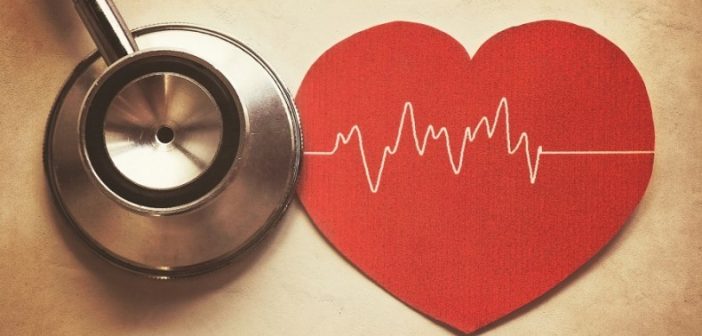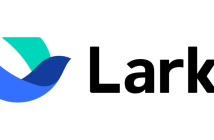Have you heard of mini IVF? It’s similar to the usual IVF procedure, though with lower costs and considered as an alternative with a lower success rate. However, many clinics are now seeing successful results from these mini or mild IVF cycles, with it being something worth considering.
So, what do you need to know about mild IVF and what can you expect from it? I’ll be talking more about mini IVF procedures and if it’s a cost-efficient alternative for you to consider. So read on to learn all about the facts before making your final decision!
What Is Mini IVF?
Mini IVF is known as minimal or microstimulation IVF. It’s similar to the typical IVF treatment, as you go through cycle monitoring, mini IVF egg retrieval, fertilization, and the embryo transfer. What make it different are the cost and the amount of medication used when stimulating the ovaries for it to produce eggs.
Typical IVF procedures have the aim to make several eggs to retrieve. With mini IVF, you use weaker or lower doses of medication to produce fewer eggs. Sometimes, there’s no need to take the ovarian stimulation drugs, depending on the person.
Who Is Mini IVF Good For?
Mini IVF is a good option if:
- You HATE needles (fewer injections in mini IVF!)
- You have PCOS and have the risk of getting OHSS
- You’re going to begin cancer treatment, doing IVF to preserve fertility before the cancer treatment, and fertility drugs may intensify the disease
- You have lower ovarian reserves and the high dose of fertility drugs won’t be able to produce a higher number of eggs
- You’re unable to afford the typical IVF procedure which is more expensive
It can also be a good choice for couples who want to avoid the risk of multiples. It’s also a good choice as you can continue to do these treatments back to back without needing rest.
The Medications Taken During Mini IVF
When undergoing mini IVF, Clomid might be used in an exchange of gonadotropins, which are injectable medications that contain Follistim or Gonal-F. Or, lower doses of gonadotropins are used to produce fewer eggs than the typical IVF procedure.
Some women find success in mini IVF even without the ovulation stimulation drugs, though these are for women who don’t have problems with ovulation which prevents pregnancy. It’s an acceptable choice for those who have blocked fallopian tubes or male infertility.
Other than the ovarian stimulation drugs, some women may need GnRH antagonist, preventing early ovulation. Early ovulation results in not being able to retrieve the eggs.
Mini IVF Success Rates
For mini IVF, it’s known that the success rates are lower compared to the typical IVF procedure. However, that fact doesn’t mean it isn’t a better choice for certain couples.
There was a randomized control study done comparing both typical and mini IVF treatments. These are the results:
- 49% from the mini IVF group conceived and delivered successfully
- 63% from the IVF group conceived and delivered successfully
- No one from the mini IVF group developed OHSS or ovarian hyperstimulation syndrome
- 7% from the IVF group developed OHSS
- Fewer gonadotropins were used for those in the mini IVF group, which lowered the overall cost
Based on the results, mini IVF is a good idea if the woman is more at risk of OHSS. More studies still need to be done about the cost per life birth and about the chances of multiple births.
How Much Is Mini IVF?
The costs of mini IVF is actually the biggest benefit and reason why people consider it. Usually, the typical IVF cycle would cost about $15,000 on average, depending on the other procedures needed. As for the mini IVF procedure, it costs between $5,000 to $7,000 per cycle.
Another alternative people may choose from is IUI, which is more affordable than mini IVF. However, there is a higher risk of multiples and the success rates are lower than the other two procedures.
What Are Possible Downsides to It?
There are a few downsides to consider if you choose to go through mini IVF, such as:
- The costs may end up being more expensive in the long run if you aren’t able to conceive after a number of cycles.
- You’re less likely to have leftover embryos to do future cycles, and there’s a chance that you may have no eggs (or only a small number survives) that can be fertilized when doing mini IVF.
- It’s not the best for those who need a lot of eggs.
- For those who want to freeze their eggs, or have an egg donor for donation, more fertility drugs are required for it to produce more oocytes.
Wrapping It Up
If you’re having difficulty in conceiving, it’s best to weigh your options before making the find decision. For those who are considering mini IVF as a cheaper alternative, doing the research and looking for the quality fertility clinics can help heighten your chances of positive conception. It all boils down to research and knowing which procedures are best based on you and your partner’s conditions.
I hope that this article on mini IVF helped inform you of what it is and if it’s the right option for you. Look more into IVF Clinics and another alternative to begin a family successfully today.
If you have any questions or want to share your experiences with mini IVF, then comment below. Your thoughts are much appreciated.





Hi,
A very nice article. And your site has given the best information from articles and it is very useful to all the people. Thanks for sharing this post. The IVF advanced is one of the most excellent centers in Asia Pacific, with Techniques, genuine Treatment, Research & Training.